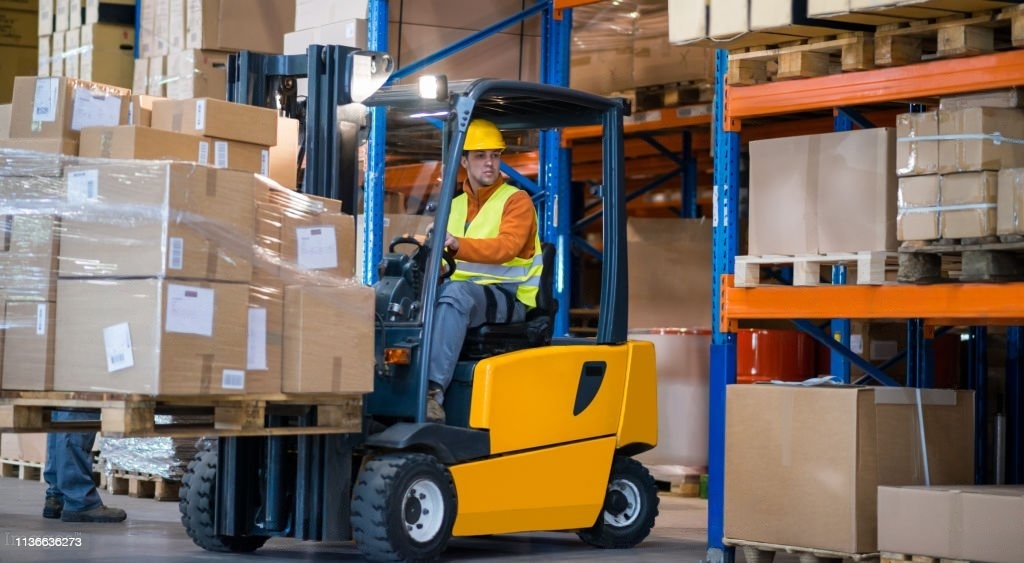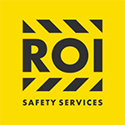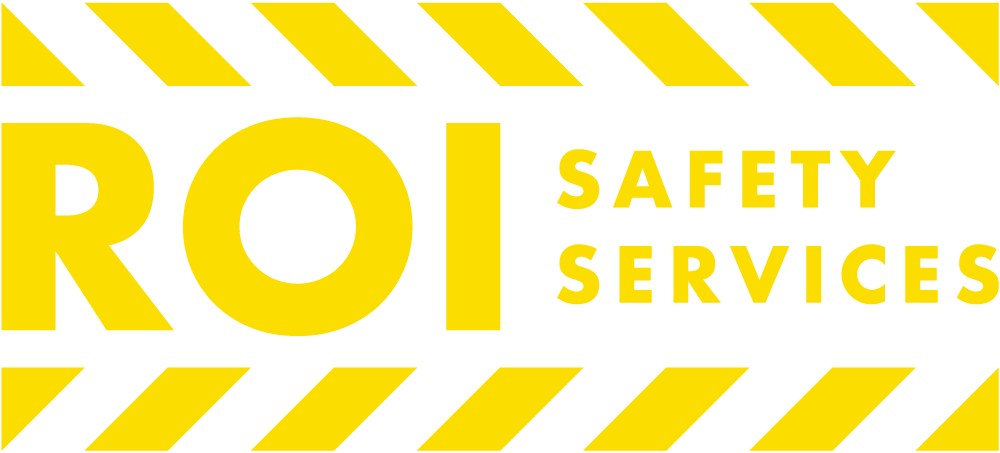
Operating a forklift may seem straightforward, but it’s a task that demands precision, caution, and a keen awareness of safety protocols. Unfortunately, accidents involving forklifts are not uncommon, often resulting from avoidable mistakes made by operators. Let’s discuss some of the most common errors forklift operators make, their potential consequences, and some invaluable tips on how to prevent them. By understanding these mistakes and implementing proactive measures, we can significantly reduce the risk of accidents and promote a safer work environment.
Lack of Proper Training:
According to the Occupational Safety and Health Administration (OSHA), lack of proper forklift training contributes to a significant portion of forklift accidents, accounting for approximately 70% of them.
Proper training is vital for forklift operators to understand the equipment, its capabilities, and safety procedures thoroughly. Without adequate training, operators may not be aware of how to handle the forklift correctly, leading to accidents that could have been prevented.
Failure to Perform Pre-Operational Checks:
A study by the National Institute for Occupational Safety and Health (NIOSH) found that nearly 25% of forklift accidents occur due to mechanical failures that could have been detected during pre-operational checks.
Regular pre-operational checks are essential to ensure that the forklift is in proper working condition. Neglecting these checks increases the risk of mechanical failures while the forklift is in use, posing a danger to both the operator and others in the vicinity.
Ignoring Load Capacity Limits:
OSHA reports that exceeding the forklift’s load capacity is a leading cause of tip-over accidents, contributing to approximately 25% of all forklift-related fatalities.
It’s crucial for operators to be aware of the forklift’s load capacity and never exceed it. Overloading the forklift can destabilize it, leading to tip-over accidents that can result in serious injuries or fatalities.
Unsafe Driving Practices:
Research conducted by the Forklift Safety Group revealed that unsafe driving behaviors, such as speeding and improper turning, are responsible for nearly 40% of all forklift accidents.
Safe driving practices are paramount when operating a forklift. This includes observing speed limits, maintaining a safe distance from obstacles and pedestrians, and executing turns and maneuvers with caution to avoid collisions and tip-overs.
Lack of Awareness of Surroundings:
A survey conducted by the National Safety Council found that approximately 60% of forklift accidents occur because the operator failed to see pedestrians or other obstacles in their path.
Maintaining awareness of the surroundings is crucial to prevent accidents. Operators should constantly scan their surroundings, use mirrors effectively, and be vigilant of blind spots to avoid collisions with pedestrians or other equipment.
Tips for Preventing Common Forklift Operator Mistakes:
1. Invest in Comprehensive Training Programs:
Employers should provide thorough training programs that cover all aspects of forklift operation, including safety protocols, maintenance procedures, and emergency responses.
2. Implement Regular Equipment Inspections:
Establish a routine inspection schedule to ensure that forklifts are well-maintained and in optimal working condition. Encourage operators to report any issues immediately.
3. Enforce Load Capacity Limits:
Clearly communicate load capacity limits to all operators and enforce strict adherence to these limits. Provide training on proper load handling techniques to prevent overloading incidents.
4. Promote Safe Driving Practices:
Emphasize the importance of safe driving behaviors, such as obeying speed limits, signaling turns, and yielding to pedestrians. Consider implementing incentives for operators who consistently adhere to safety protocols.
5. Foster a Culture of Safety:
Encourage open communication about safety concerns and actively involve employees in identifying hazards and proposing solutions. Regularly review and update safety policies to reflect best practices and regulatory requirements.
Operating a forklift comes with inherent risks, but many accidents can be prevented by addressing these common mistakes made by operators. And let’s not forget, when it comes to forklift operation, safety should always be the top priority.

